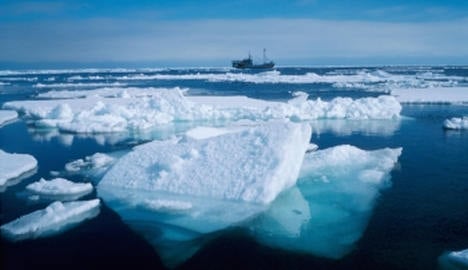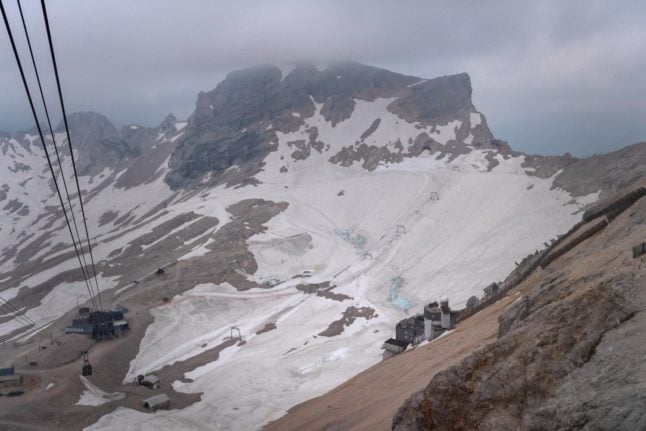ARCTIC
Norway allows drilling further north as ice melts
The Norwegian government has announced that it will open up more of the Barents Sea for oil drilling, as global warming has reduced the size of the protected sea ice zone.
Published: 24 April 2015 22:35 CEST

The southerly edge of the Barents' Sea ice. Photo: Norwegian Polar Institute
“We believe that this is technically correct. There is an observable ice edge in the Barents Sea. Now that it has moved, it is appropriate to do this," Norwegian Prime Minister Erna Solberg told news agency NTB.
A recent study has shown that the thickness of the ice in the Barents Sea has decreased by 65% between 1975 and 2012, causing the edge of the ice to creep further north.
All the major political parties in Norway are agreed that areas north of the ice in the Barents Sea should be protected from oil exploration and drilling in order to protect the unique and vulnerable arctic environment.
However, there is less consensus on how to respond the the slow northerly movement of the ice's edge.
”We have not moved the edge of the ice.” Tine Sundtoft, Norway’s Environment Minister, told broadcaster NRK.
Silje Lundberg, an oil advisor with the environmental organisation Bellona, accused Norway's government of playing "a dirty game", where "science is manipulated to suit politics".
”Today Tine Sundtoft manipulates the newest knowledge we have, and clearly shows that she is doing more damage than good for the environment,” she said.
Url copied to clipboard!


 Please whitelist us to continue reading.
Please whitelist us to continue reading.